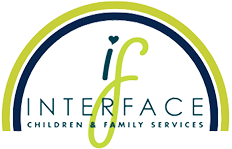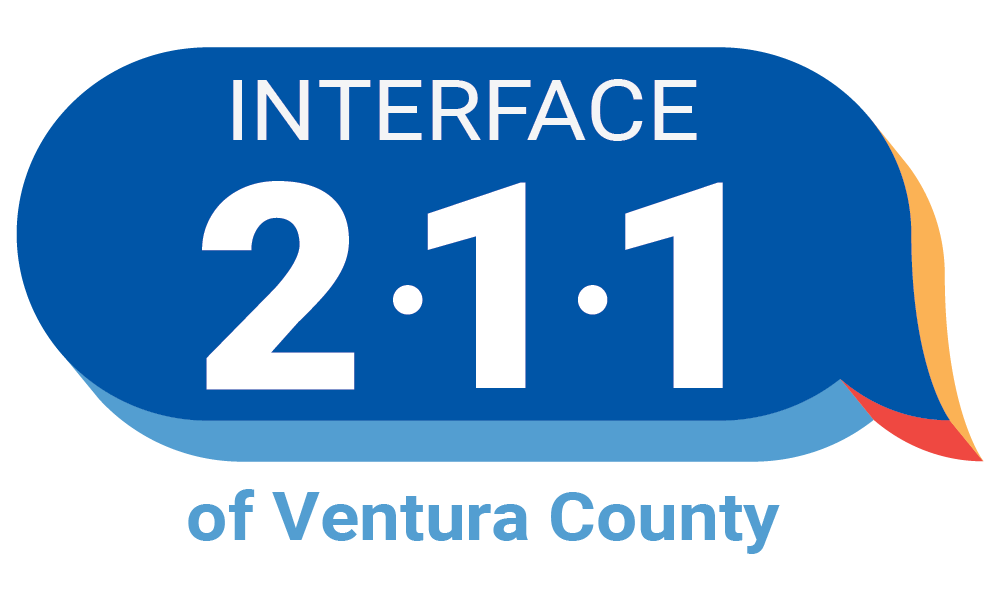What does the Super Bowl have to do with human trafficking? The Super Bowl has become nothing short of a national holiday for many Americans rooting for their favorite teams. This year’s game was no different. People gathered in homes for the seven-layer bean dip, evocative commercials, and for yet another Patriots title. If you watched this year’s Super Bore–ahem–Super Bowl, you saw a fight for glory and a lot of excitement inside of that Atlanta stadium. But outside of the stadium, Atlanta law enforcement and non-profits were fighting sex trafficking victimization concentrated at the Super Bowl.
You may have heard in the news that large events like the Super Bowl increase sex trafficking demands, but the reality is a little more complicated. News coverage suggests that “boys will be boys” when they go to sporting events without their wives and partners. There’s a huge spike in media interest on sex trafficking issues surrounding the event. The reality is that the Super Bowl isn’t the only day for sex trafficking, but it may well be one of the biggest concentrations of trafficking. USA Today quoted Interface’s partners at Polaris, “We actually think that trafficking is a major issue 365 days a year. There are no new traffickers (at the Super Bowl). The same 20,000 pimps are moving around to where the action is.” That means many thousands of victims, including children are being forcibly transported to big sports venues like the Super Bowl. Indeed, the Atlanta authorities rescue 75 to 100 children out of sex trafficking each year, even when there isn’t a big game in town.
Here at Interface, we’re working toward one clear goal: to end human trafficking in Ventura County. Last year, we worked year-round to educate 1,363 doctors, nurses, first responders, social service providers, airport managers and hotel staff to recognize the signs of trafficking and to speak out for victims. When trafficking victims are discovered by law enforcement or community members, we offer an immediate, in-person response and a way out. To emotionally support adult survivors, we offer a trauma-informed and confidential crisis shelter, and continued advocacy for their healing and self-sufficiency.
“Julie’s” Story: “Julie” was a victim of domestic violence who, it turned out, had also been trafficked by a man claiming to be her boyfriend. Though at first Julie’s case appeared to be a high-lethality domestic violence case, Interface soon discovered key indicators of trafficking – force, fraud and coercion. Julie met her trafficker while shopping. He immediately showed great interest in her and, because she had recently moved to town and didn’t know anyone, she reciprocated. It wasn’t long before warning signs presented – access to drugs and money and heavy gang involvement. Julie described being treated, at first, “like a queen.” The situation quickly changed. He coerced her into performing sexual acts with his “friends” for money. When Julie told him she wanted to stop, he beat her and threatened her life. Julie eventually became pregnant with his child, which he used as further control over her life. One day Julie’s pimp beat her so severely that he broke her jaw and she wound up in the hospital. Hospital personnel immediately contacted law enforcement and a local chaplain to provide emotional support. Authorities were able to rescue Julie’s daughter as well. The chaplain reached out to Interface via the Domestic Violence Hotline.
Julie joined Interface’s emergency shelter program that night, and later joined its transitional shelter program, both of which provided intensive case management with linkage to resources such as medical care, parenting classes, career search, and financial literacy education. When Julie graduated from the transitional shelter program, she moved out of the area to get a fresh start. Today, Julie has a successful career as a makeup artist and works to help women who are in similar situations develop the courage and self-esteem they need to reclaim their lives.
Since April 1st, Interface Children & Family Services has successfully served 54 females, and 4 males, for a total of 58 survivors of human trafficking in Ventura County. Interface Children & Family Services has provided innovative outreach, engagement, and resources to more than 2,800 community members in the first 2 years. The new state budget was announced in January and Interface Children & Family Services and their partners succeeded in securing vital funding in our region for victims of human trafficking.
For more information about human trafficking and Interface’s role in reducing it in our communities, please visit our website www.icfs.org. and join us at the Soroptimist CRR District 1 Annual Awareness Event on Thursday, March 7, 2019 at the Museum of Ventura County.
Erik Sternad
Executive Director



